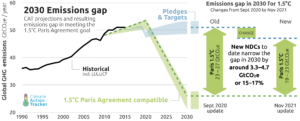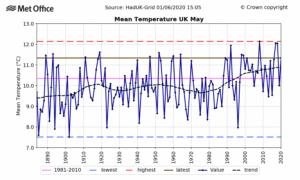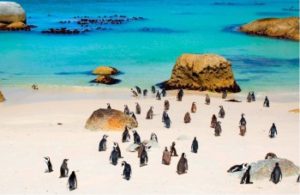by P. Homewood, Apr 16, 2024 in NotALotOfPeopleKnowThat
The BBC is corrupt, and this report is fraudulent:
It has triggered the fourth global mass coral bleaching event, according to the US National Oceanic and Atmospheric Administration (NOAA).
Bleaching happens when coral gets stressed and turns white because the water it lives in is too hot.
Coral sustains ocean life, fishing, and creates trillions of dollars of revenue annually.
https://www.bbc.com/news/science-environment-68814016
For a start, there has been no “devastating toll”, as the BBC pretends, from the possibility that the world is slightly warmer than a few years ago. (Given margins of error, there is no certainty about this.)
But more importantly, Rannard grossly misrepresents the science. Coral does not “turn white” because the water is too hot. Nor is this is a rare occurrence, as the “fourth global mass coral bleaching event” implies.
On the contrary, bleaching is a common event, which can take place for all sorts of reasons, including when the water gets too cold.
As the leading coral reef expert Dr Peter Ridd has explained, “bleaching” is merely part of a natural process, when coral expels algae in order to switch to a different type which is more suitable adapted to new conditions.
According to Ridd, coral cover on the Great Barrier Reef last year reached record levels, despite four supposedly catastrophic bleaching events in the six years prior to 2022. Neither has there been any significant change in corals worldwide.
Rannard’s article has nothing to do with science; it is just more scaremongering propaganda.
This interview with Peter Ridd which followed his annual review on corals last year is worth watching:
…



